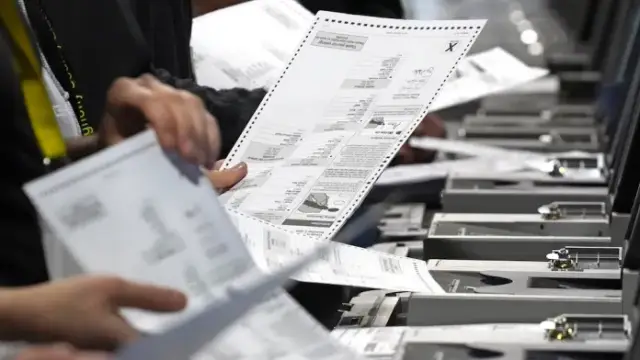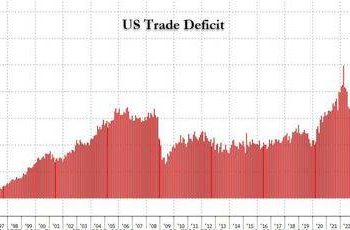A special election in California this fall, featuring a redistricting question on the ballot, is projected to cost over $280 million.
Governor Gavin Newsom (D-CA) and California Democrats are presenting a ballot initiative to voters in November, which would enable the redistricting of the state’s congressional map. Newsom has stated that his pursuit of this redistricting effort is a response to Texas Republicans’ attempts to further gerrymander their state.
Initially, only 17 of California’s 58 counties were scheduled to hold local special elections on November 4, but now all counties will participate. Newsom has pledged to reimburse counties for the costs incurred from this unexpected election.
A letter dated September 5 from the California Department of Finance, obtained by Mercury News, reveals that Erika Li, the agency’s chief deputy director, has requested state controller Malia Cohen to allocate $251.3 million for the election statewide.
H.D. Palmer, a spokesperson for the Department of Finance, indicated that this estimate is based on figures provided by the counties.
“If any county incurs costs beyond their reported estimates, we will collaborate with them once those additional costs are determined,” Palmer mentioned in an email. “Conversely, if a county’s costs are lower than their estimate, they can retain those funds locally, with the stipulation that they be reserved for future special elections in that county.”
California Republicans estimate that the redistricting special election will cost approximately $235.5 million, a figure derived from the expenses of Newsom’s 2021 recall election, which he won decisively. The 2021 gubernatorial recall election had a cost of just over $200 million, below the $278 million allocated by the state legislature for the election.
REDISTRICTING WARS THREATEN TO MAKE CONGRESS MORE PARTISAN
The California Constitution mandates a nonpartisan commission to delineate its House seats. If this ballot measure passes, it would suspend that requirement for the next three federal elections, with the independent commission reinstated after the 2030 census.
Currently, California Democrats hold 43 of the state’s 52 House seats, and the proposed new map could potentially grant them a 48-4 advantage. This new map aims to counterbalance Texas Republicans’ efforts to add five more GOP seats through redistricting.
 Telegram is where we really talk. Don't miss out!
Telegram is where we really talk. Don't miss out!









